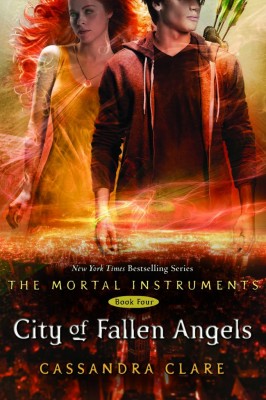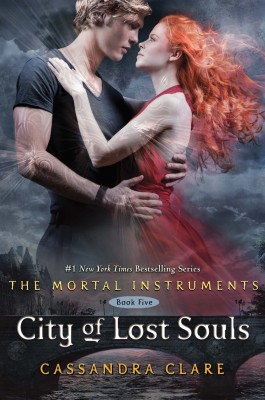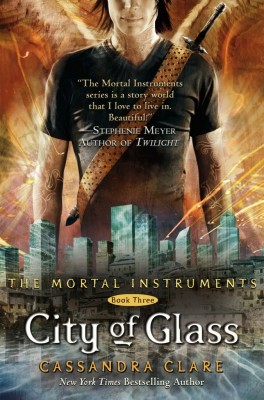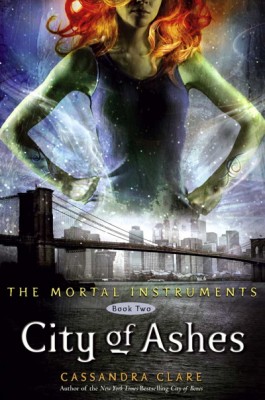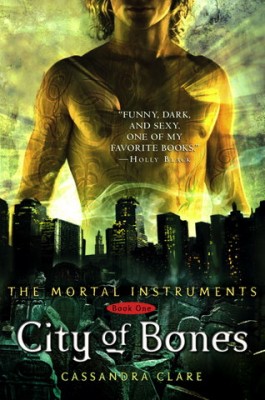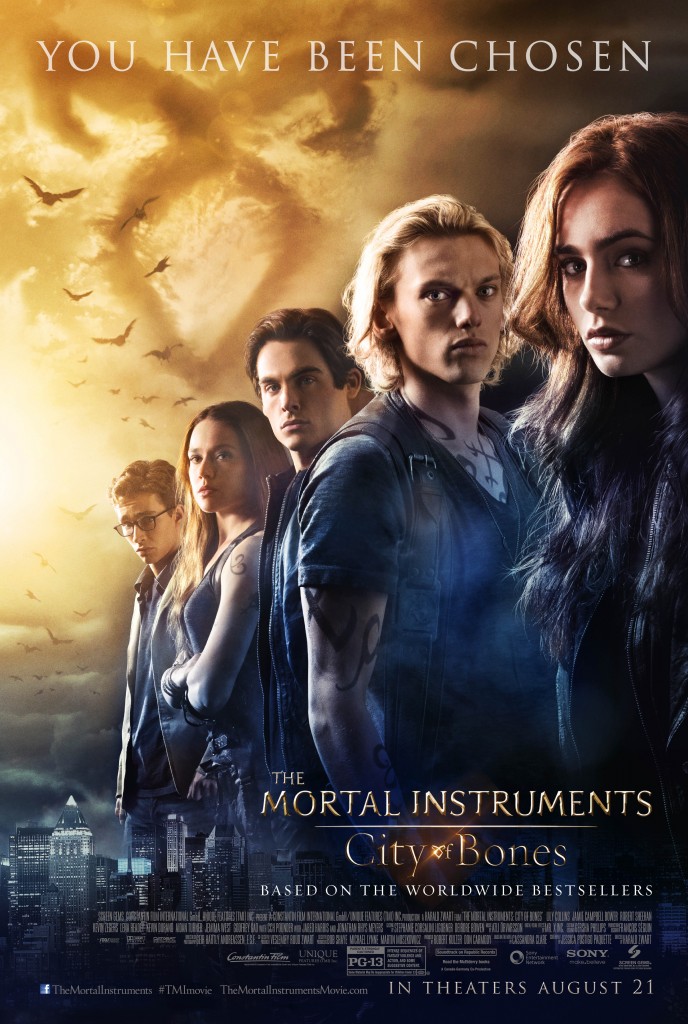(In which love is the one to blame . . . again.)
***
Ha Jin, just like other writer-immigrants in the United States, write about his people with a socialist perspective, especially focusing on the social conditions in the setting and its effect on the characters. In The House Behind the Weeping Cherry, Ha Jin once again weaved a story of “immigration blues” – a glimpse in the life of foreigners in a country promising a “greener pasture”.
Wanren, a Chinese man who worked in a garment factory ironing clothes, lived in an apartment where three other Chinese female tenants (Lili, Nana and Huong) worked as prostitutes. He used to have a roommate. But after discovering what the women do for a living and realizing that they also brought clients to the apartment, he decided to move out. The story unfolds with Wanren worrying about the possible increase of his rent due to the loss of a roommate. He couldn’t leave the apartment and sacrifice its convenience since it’s near the city and his workplace. Besides, he has grown comfortable with the girls and learned to see them not through their job description. She has grown especially fond of Huong.
To be honest, I didn’t feel comfortable about that, either, but I had grown used to the women, and especially liked Huong, a twiggy Vietnamese in her early twenties, whose parents had migrated to Cholon from China three decades ago, when Saigon fell and the real-estate market there became affordable. Also, I was new to New York, and at times it was miserable to be alone. (Ha Jin, 2008)
The introduction generally presented the common problem of a Chinese immigrant – or any immigrant for that matter – in the United States: lodging. In an urban setting, looking for a place to live poses a lot of conflicts, be it financial or convenience. This part of the story also provides an insight as regards to the reason why people stay in a certain place. In the case of Wanren, aside form the financial issues involved, he also considers loneliness. It is also a manifestation of the cohesiveness of Asians. Mrs. Chen, the manager of the apartment, was also Chinese. Immigrants, no matter how independent they were, tend to stay where their people stay; perhaps as a source of Maslow’s idea of security and belongingness.
The story progresses as Mrs. Cheng told Wanren that he could still pay the same rent on the condition that he drive the girls when they meet their clients outside. She said Johns (the term used to refer to the male clients) would be more careful in dealing the girls if they have “a driver at their disposal”. He agreed to take it, again clinging on to the idea that he’s not supposed to leave the house on the grounds of convenience. However, this changed his status from a detached tenant to a more involved companion to the girls. But he still managed to keep his relationship with them friendly, even to Huong, to avoid conflict.
“I’m single because I’m too poor to get married,” I confessed.
“Do you have a girlfriend?” Huong asked.
“Not yet.”
“So would you go with me if I wasn’t a sex worker?” Nana asked, her oval face expressionless.
“Your taste is too expensive for me,” I said, laughing, though it was only partly a joke.
They all laughed. Nana continued, “Come on, I’ll give you a big discount.”
“I can’t take advantage of you like that,” I said.
That cracked them up again. I meant what I said, though. If I slept with one of them, I might have to do the same with the other two, spending a fortune. Then it would be hard to keep a balanced relationship with all of them. . .
Through his listening to the girls’ conversation, he found out more about their jobs and their clients. He got a different view of what they do. Their life was lucrative, yes. But the risk that goes with their job is daunting too. So Wanren thought of giving Huong an option so she would not have to work in the dirty sex business.
Our factory advertised for some sewers to replace the ones we’d lost, and one evening I brought a flyer back to the house. Lili was busy with a client in her room, but at dinner I showed it to Huong and Nana and said I would try to help them get the jobs if they were interested.
“How much can a sewer make?” Nana asked.
“About three hundred a week,” I said.
“My, so little—not for me.”
Huong broke in, “Does your boss use people without a work permit?”
“There are some illegal workers at the factory. I can put in a word for you.”
“If only I could sew!”
Her words made my heart leap. I went on, “It’s not that hard to learn. There’re sewing classes downtown. It takes three weeks to graduate.” . . .
“I still owe the Croc a big debt, or I would’ve quit selling my flesh long ago,” Huong muttered. . .
Not all of them were prostitutes because of dire need of money, however. It was only Huong, for she needs to pay The Croc, the boss of an illegal syndicate behind the prostitution business. Her debt was the reason why Huong cannot leave her job despite the danger. But she had enough inspiration that would urge her to quit selling herself – she likes Wanren, too. She told him when he confessed that he wanted to be with her. What actually hindered her was the idea that before she can be a sewer, she needs experience and training. And she doesn’t know where to get the money to pay The Croc. Even though Wanren offered to shoulder one thousand dollars every month, she still has to pay one thousand more to cover the two thousand dollars she needs to pay every month. And on top of all that, she still needs to study sewing.
The situation mirrors the conflict each individual faces when confronted by poverty – the choice of doing something illegal for the sake of survival and the desire to follow one’s conscience and experience hunger, thus creating a dilemma. Knowing that both their financial resources were insufficient, Huong and Wanren decide to deal with the problem in a diplomatic way.
. . . I suggested that we speak to the Croc in person and see if there was another way of paying him. Before she went back to the house, she kissed me on the cheek and said, “Wanren, I would do anything for you. You are a good man.”
However, the Croc is a typical gangster as elucidated by films and literature set in the urban community. He refused to listen to their plea and threatened them if they ever dared to defy him. At this point, readers were confronted with questions as regards to what their next move would be. Huong could continue being a prostitute and wait until she paid her debt fully. She still owed him eighteen thousand dollars, which meant she would have to stay for at least nine months. But during those times, she cannot be with Wanren. Or she could quit her job and get sewing classes so she can live decently while being with Wanren. But she couldn’t pay the Croc that way.
The conclusion was surprising, albeit not in a very delightful way. But it was understandable since the characters were left with no other choice than to flee.
So we decided to leave as soon as possible. She had some cash on hand, about two thousand dollars, while I still had fourteen hundred in my savings account. The next morning on the way to work, I stopped at Cathay Bank and took out all the money. . .
Fortunately, there was no outcall that night. When the other two women had gone to bed, Huong and I slipped out of the house. I carried her suitcase while she lugged my bag. The weeping cherry blurred in the haze, its crown edgeless, like a small hill. A truck was rumbling down Main Street as we strode away, arm in arm, without looking back.
More questions will be generated in the minds of the readers this time as regards to how far they could go hiding. But more disturbing than this was the fact that Wanren and Huong’s way of “solving” the problem made their world even smaller. This shows the sad facets of human decision making. Escape seems to be the best way out in situations like these. But then again, these were the experiences of immigrants in a country where they rely on no one but themselves. Huong had to decide to stop selling her body for her family who doesn’t seem to care. And Wanren had to cut connections with his family, too - for their sake and Huong's. These, among others, were the results of their previous decisions. It was tempting to question their reason, or say that they are too overwhelmed by their love that they become blind to everything else. But when all hope seems to be lost, are people supposed to be so stubborn not to cling to that one thing that seems to beautify all else?
Ha Jin. (2008, April 7). The House Behind a Weeping Cherry. New Yorker. Retrieved from http://www.newyorker.com/
